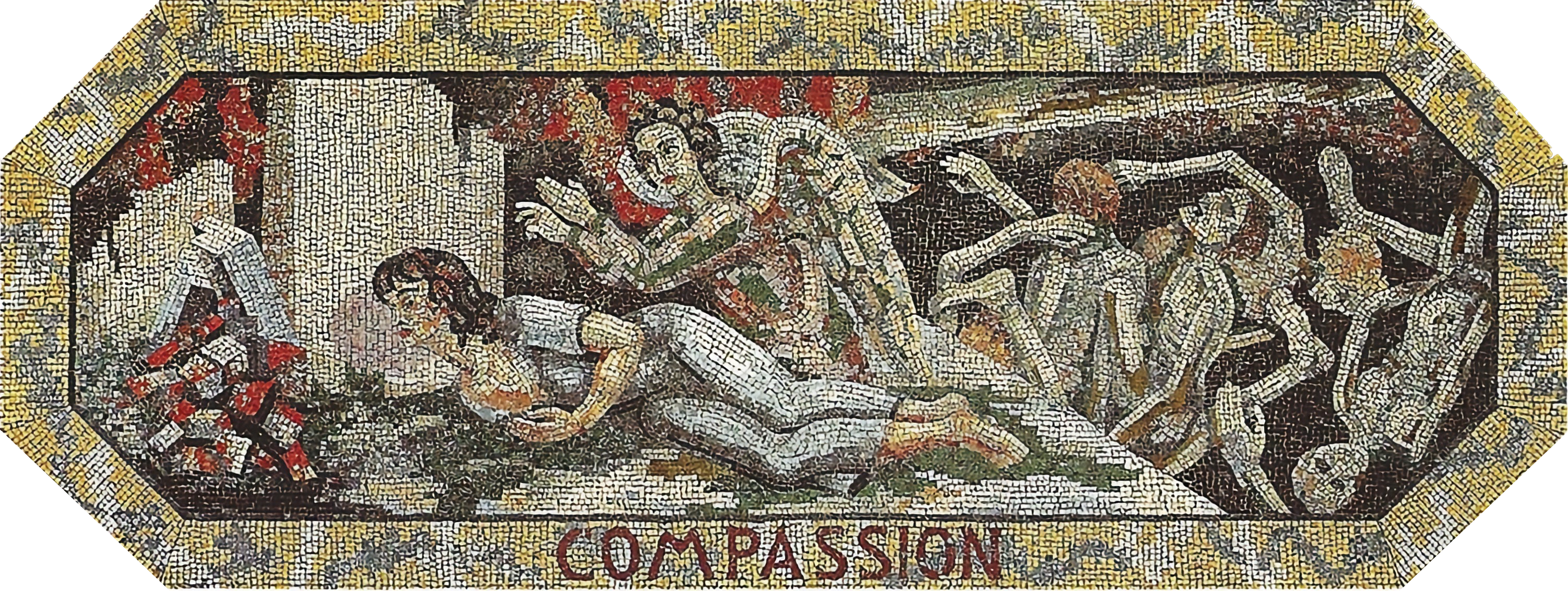There is no death—everyone knows that,
It's become insipid to repeat this,
And what there is/[remains]—let them tell me.
The course explores one question: What is the relation between (international) politics, truth-telling and the condition often defined as 'postfoundationalism.' It does so through close reading of three book-length texts. The first defines and examines postfoundationalism in its relation to the political. The second discusses the meaning of post-truth and truth-telling in politics. The third provides a dramatic empirical case of truth-telling, which was politically divisive in its time (almost a century ago) and its place (Stalinist Soviet Union) and remains divisive today in Putinist Russia.
What makes this course different from many others (apart from its focus on close reading of longer arguments) is that, instead of focusing on the detection or combatting of falsehoods characteristic of the post-truth political discourse, it focuses on the activity of truth-telling. This assumes that even under the conditions of postfoundationalism, political discourse should not be reduced to a collection of opinions and a search for compromises and consensus, but should also involve a notion of truth. At the same time, this notion of truth cannot be reduced in politics to empirically given facts (or facts-checking). Consequently, the question of truth in politics requires an approach which is closer to political theory than the neoempiricism of current fascination with methodology.

- Instructor: Alexander Astrov
